ARE YOU LISTENING TO YOUR HEAD OR YOUR HEART?
Last month for heart month we looked into the emotional field of your heart. If you missed it you can find it on our website http://bit.ly/heartsecrets. This month is brain month so we delve further into how your heart and brain work together in your emotional world.
How do we ‘perceive’, ‘feel’ and ‘react’ to an emotion? Your entire body and especially your heart influences your brain and visa – versa on how an emotion is felt. Think of being ‘hot headed’ ‘your blood running cold’, ‘spine tingling’ or having ‘a gut feeling’. These are physical reactions your body is producing due to interpreting something that is happening in your environment. Heartmath has found that this can happen without input from the brain telling the body to ‘do’ these emotions.
So when it comes to emotions, are you listening to your head or your heart?
Turns out it is both and your heart influences your head more than your head your heart.
The Heartmath institute is a fantastic organisation that has been researching since the early 90’s on the hearts relationship to emotion. They have found that there is a connective highway of neural activity between the heart and the emotional centres of the brain. There are more “highway” neural connections that flow from heart to the brain than there is the other way. This means that the heart contributes emotional information to the brain to be a “guide” in the emotional process. The brain asks “is this an appropriate emotional response or not?”
So what is an appropriate response? It is the response you have learned over your being. Your life journey, the memories associated with the emotions that relate to your experiences. Your perception of what is happening in your current moment is run through your “filter” of old lessons. Therefore, what you perceive you are experiencing is your current environment viewed through your filter of lessons. This perception is individual to you as everyone’s life journey is different.
So does this make our reaction to an event a product of our past that can’t be changed?
Heartmath have found that positive thinking just does not work. If there are more neurons coming from your heart to your head, then no amount of your head telling your heart to stop having this emotion is going to work. However, if you have an intention to feel a positive feeling and change your physiological state and focus at the moment you are having your ‘learned feeling’ you can more successfully over come some old emotional reactions and develop a new emotional relationship to your perceived environment. It takes time and practice as does everything but it is achievable. The more you practice the more neurons fire to rewire you a new ‘filter’ your new learned response.
Heartmath studies show that changing your physiology with heart centered breathing can greatly improve how you perceive and handle situations and life in general. Below is the link to their short 2 minute guided meditation they have developed to help you do this.
About the Meditation
The Quick Coherence® Technique for Adults
Easily create a state of coherence in about 60 seconds by releasing stress and stopping draining emotions such as frustration, irritation, anxiety and anger. When you are in a coherent state, your thoughts and emotions are balanced and you experience ease and inner harmony.
BRAIN TEASERS
These 5 teasers will challenge your perspective answers will be posted on the Nurture Chiropractic Facebook page http://bit.ly/NurtureChiropracticFB So remember to like our page.
1. How many seconds in a leap year?
2. Which direction is this bus headed?
3. A police officer saw a truck driver clearly going the wrong way down a one-way street, but did not try to stop him. Why not?
4. A woman gave natural birth to two sons who were born the same hour of the same day of the same month of the same year. But they were not twins and she had no access to a time machine. How could this be?
5. A man stands on one side of a river, his dog on the other. The man calls his dog, who immediately crosses the river without getting wet and without using a bridge or a boat. How did the dog do it?





